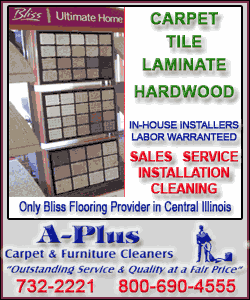| ||||||||
| ||||||||
Charles Margulis of the anti-lead Center for Environmental Health in Oakland said exemptions based on natural materials would be "sensible." But "Made in the USA" is not enough to ensure a toy is not toxic, according to Margulis. "Materials from the U.S. could be lead-contaminated as well," he said. One European toy maker has already announced it will stop its exports to the U.S. because of the law's costs and uncertainties. Selecta Spielzeug, a German company, said earlier this month that it will stop shipping its wooden push toys, games and other products to 1,200 U.S. stores after Dec. 31. Mike Lee, co-owner of Sarah's Silks in Forestville, said fewer of his company's costumes, hats and capes for children will likely appear on U.S. store shelves in coming months. If testing costs are not curtailed for his more than 100 products, he said, he may have to reduce his nine-employee staff. "We're not that big we can plunk out $20,000 or $30,000 every time we do this," Lee said. "I'd rather invest that much more of that money in people." Chen, the owner of The Playstore, says pulling toys from shelves means fewer choices for parents who want something different for their children than what they can find at big-box stores. If no exemptions are made, Chen said, the number of brands she sells could drop from more than 300 to about 10. "Our whole mix is going to have to change," Chen said. "This is truly actually threatening our access to safe toys." ___ On the Net: Handmade Toy Alliance: Consumer Product Safety Improvement Act: http://www.cpsc.gov/ABOUT/Cpsia/cpsia.HTML
http://www.handmadetoyalliance.org/
[Associated
Press;
Copyright 2008 The Associated Press. All rights reserved. This material may not be published, broadcast, rewritten or redistributed.
News | Sports | Business | Rural Review | Teaching & Learning | Home and Family | Tourism | Obituaries
Community |
Perspectives
|
Law & Courts |
Leisure Time
|
Spiritual Life |
Health & Fitness |
Teen Scene
Calendar
|
Letters to the Editor